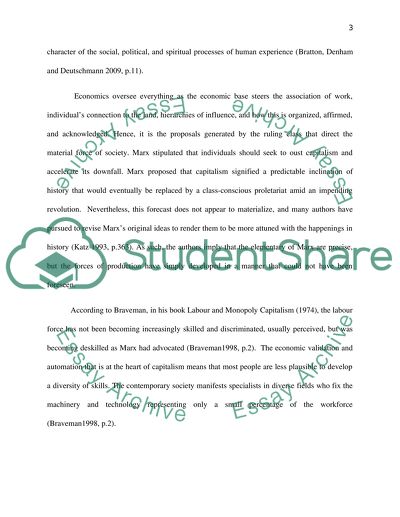Cite this document
(“Critically discuss at least one of Marx's concepts- for example Essay”, n.d.)
Retrieved from https://studentshare.org/sociology/1475400-critically-discuss-at-least-one-of-marx-s-concepts
Retrieved from https://studentshare.org/sociology/1475400-critically-discuss-at-least-one-of-marx-s-concepts
(Critically Discuss at Least One of Marx'S Concepts- for Example Essay)
https://studentshare.org/sociology/1475400-critically-discuss-at-least-one-of-marx-s-concepts.
https://studentshare.org/sociology/1475400-critically-discuss-at-least-one-of-marx-s-concepts.
“Critically Discuss at Least One of Marx'S Concepts- for Example Essay”, n.d. https://studentshare.org/sociology/1475400-critically-discuss-at-least-one-of-marx-s-concepts.


